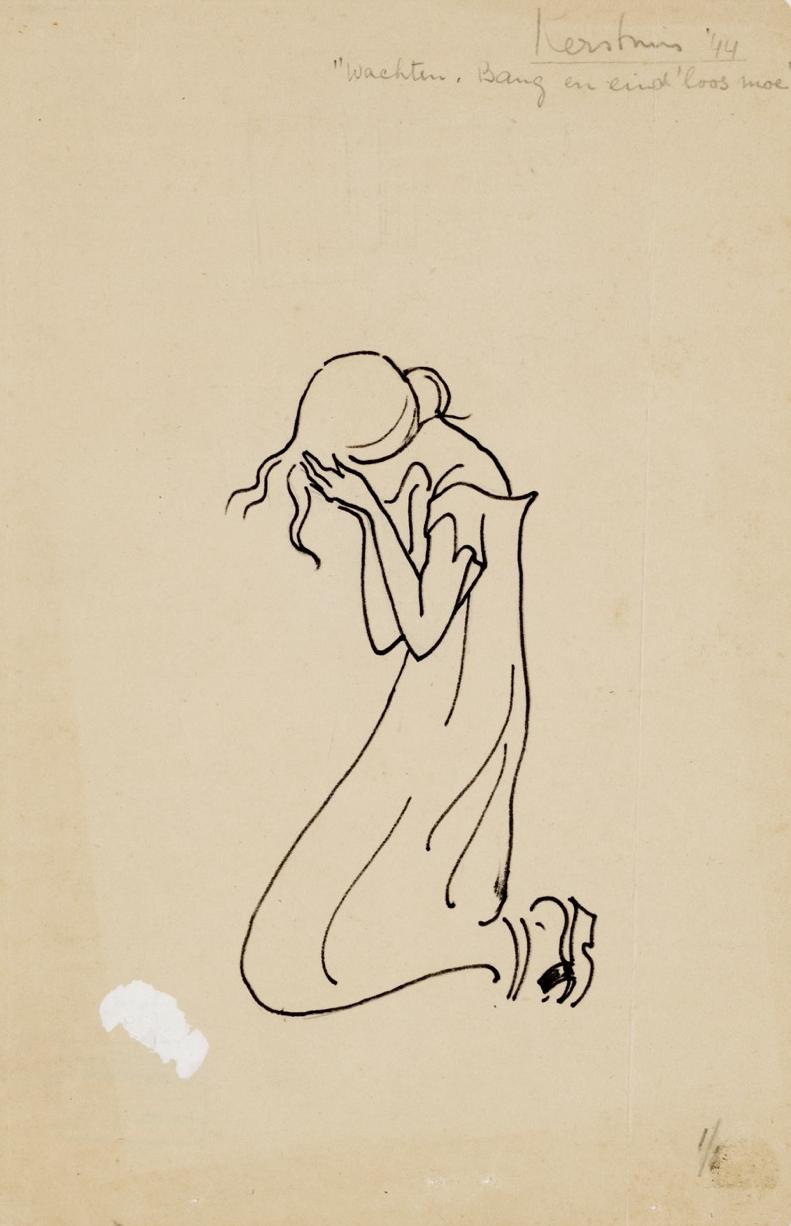Als ik mijn ogen sluit: leven met de Japanse kampen
Pieter van Huystee
What did the women and children experience in the Japanese internment camps in the Dutch East Indies? What wounds and traumas remained, and how did they cope with them throughout their lives? The camps left significant scars. Many of these have not yet healed or disappeared.
Als ik mijn ogen sluit: leven met de Japanse kampen (When I Close My Eyes) is a film about the women and girls who survived the Japanese camps. The stories of the survivors were not heard or acknowledged in the Netherlands after the war. For the survivors, it is difficult to accept that many people know little about this period. This triggers feelings of anger, causing intense pain once again.
When the women close their eyes, these ‘forgotten’ stories resurface. As viewers, we delve into the minds of the women who survived the camps. There are few photos of the camps, and there is hardly any film material. However, the women and children in the camp made hundreds of drawings. Director Pieter van Huystee also has a personal connection to this history: both his mother and grandmother survived Tjideng camp. He barely spoke with his deceased mother about her experiences. In the film, he asks the questions he can no longer ask her.
Credits
- Director
- Pieter van Huystee
- Producer
- Rudolf Kats, Indy Kisoen
- Year
- 2024
- Country of production
- Netherlands, The
- Duration
- 95 minutes
- Spoken language
- Dutch
- Subtitles
- EN
- Production company
- Tomtit Film
- World Sales
- Tomtit Film
- Dutch distributor
- Mokum Filmdistributie
